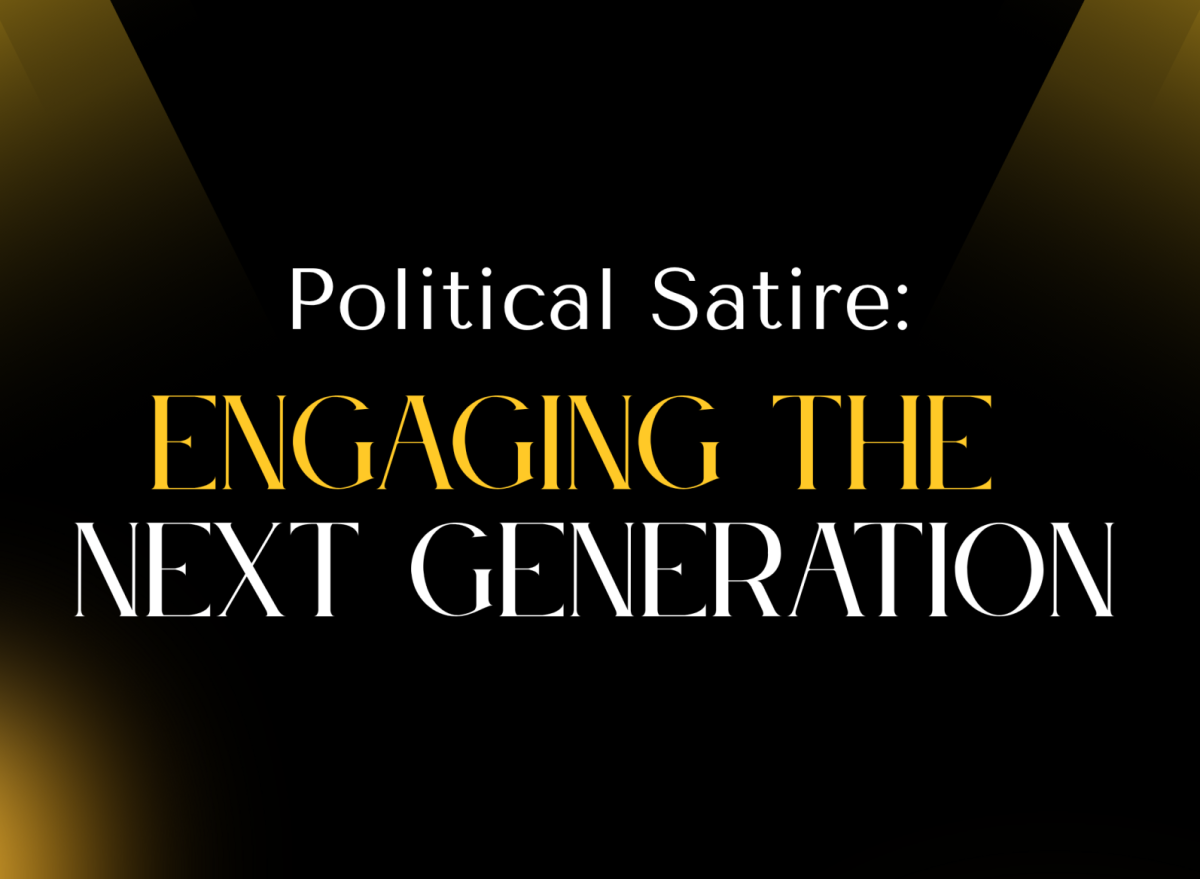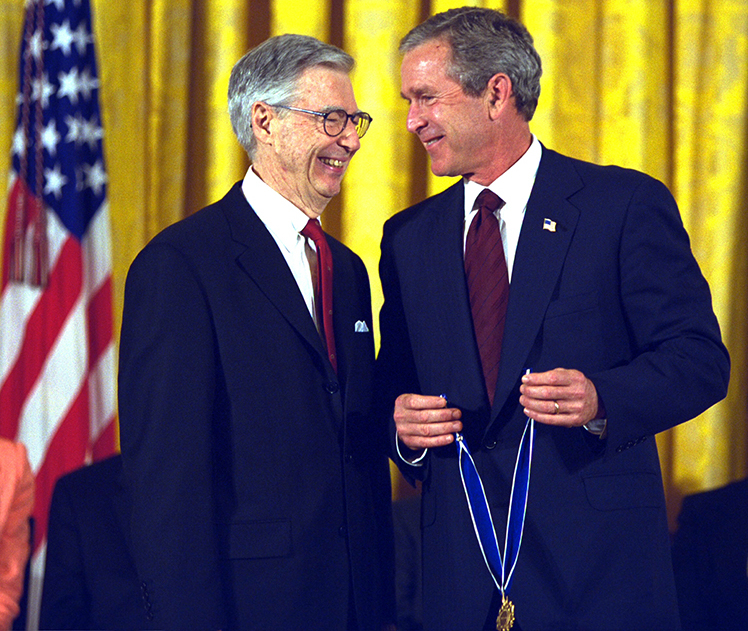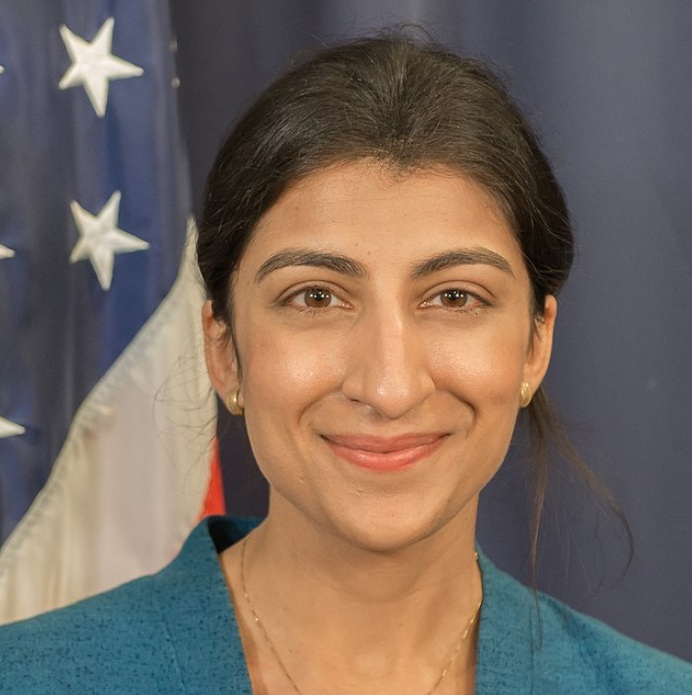Both Presidential nominees, Democrat Kamala Harris and Republican Donald Trump , bring hope and promise to their respective parties. Here are three key issues of the 2024 election and what each candidate plans to do about each issue.
The Economy
The economy has long remained voters’ top concern; it affects everyone across the economic spectrum. In a Pew Research survey, 81% of registered voters said that the economy is very important to their vote. Laying out a plan that appeals to voters is a crucial part of gaining support. Let’s take a look at what each candidate plans to do if elected. On September 5th, Trump spoke at the Economic Club of New York, stating that his “plan will rapidly defeat inflation, quickly bring down prices, and reignite explosive economic growth.” Trump’s main ideas surround the goal of bringing down prices. He strives to lower taxes by implementing tax cuts (mainly for upper class citizens). Trump says that tariffs will cover the costs of these proposed tax cuts, but experts say that, “Trump’s tax reform agenda would cost about $9 trillion over 10 years.” Trump also notes that if elected he will try to lower inflation and prevent a possible recession. Kamala Harris, on the other hand, has been a huge advocate for middle class families. In her speech at the Democratic National Conventions, she stated that she plans to create “an opportunity economy where everyone has a chance to compete and a chance to succeed.” Kamala recently spoke in Pittsburgh. She targets the fact that Trump wants to make the economy better for “those who own the big skyscrapers” and “Not those who build them. Not those who wire them. Not those who mop the floors.” Her main focus may seem similar to Trump’s goal, the main difference is what economic group each candidate focuses on. Harris focuses on tax breaks for the middle class and the working class while Trump is focusing on tax cuts for the upper class.
Abortion Access
Abortion access is a huge factor in the way people vote. Gallup conducted a survey which concluded that, “A record-high 32% of U.S. voters say they would only vote for a candidate for major office who shares their views on abortion.” The New York Times wrote an article compiling each candidate’s view on abortion. Trump has said many things about abortion over the years. During Trump’s presidency, he appointed three Supreme Court Justices who “enabled the overturning of Roe v. Wade, ending federal protections for abortion.” Trump has recently stated that, “he would not sign a federal abortion ban but that states should be allowed to enact any restrictions they choose.” Some say that his choice to not sign a federal ban is extremely contradictory to him appointing three Supreme Court Justices, who helped overturn a federal protection. Many have noted that Trump has not stated if he would veto a federal abortion ban. Harris, on the other hand, encourages “a federal right to abortion and wants to prevent states from banning the procedure before fetal viability. She has regularly spoken out in favor of abortion rights, including making the first official visit to an abortion clinic by a president or a Vice President.” At the presidential debate, Trump falsely claimed that some Democrats supported abortion after the ninth month. It is widely known that discussing restrictions on abortion is very complicated. What voters value is clarity within each candidate’s policies. The Pew Research Center’s survey conducted over just over two years shows the difference in how important certain issues are to voters. In September 2024 51% of voters with various political beliefs said that abortion was a very important issue to them. This percentage has increased by 11% since August 2022, where 40% of voters said this was a very important issue to them. It is evident that with the rise of voter importance on the issue of abortion, each candidate will need to appeal to the voters of 2024.
Immigration
A recent study conducted by Pew Research Center showed that 61% of voters, varying in political views, say that immigration is very important to their vote. Donald Trump has been very vocal about immigration throughout his career, often referring to immigrants as “illegal aliens,” and he has proposed many ways to deal with immigrants. In his September 5th speech at the Economic Club of New York, Trump proposed to “ask Congress to pass legislation barring all taxpayer-funded benefits to illegal aliens… I will stop the invasion and send criminal, illegal aliens back home.” In a Washington Post article, the author sums up arguments from many economists, saying that “Trump’s plans could trigger higher unemployment and slower growth” and that his plans may also fuel inflation. As I found in the first paragraph, the economy is one of the more important issues to voters. In contrast, the New York Times reports that “Harris has cast herself as tough on the border, embracing the bipartisan bill that Trump helped defeat this year. That measure would fund the wall, give the president new powers to restrict border crossings and modestly expand legal immigration.” Her main goal is to increase border control and find pathways to citizenship for immigrants of all backgrounds. In terms of immigration, Harris and Trump both agree on increased border control, this is one of the only similarities in their proposals.
Whether voters are influenced by economics, abortion, immigration, or any of the other issues shaping this election, both candidates have wildly different views for the future of our country, having a huge impact on how people vote.








